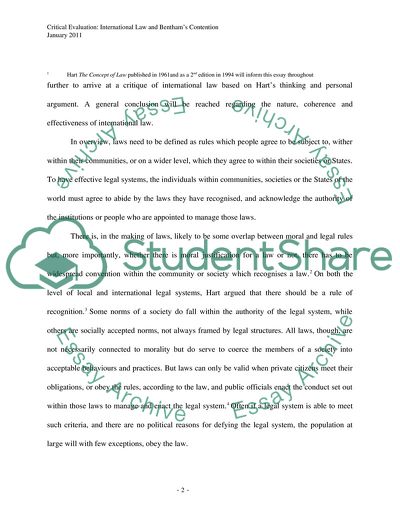Cite this document
(“The International Community: A Large Municipality Research Paper”, n.d.)
The International Community: A Large Municipality Research Paper. Retrieved from https://studentshare.org/law/1575080-the-international-community-a-large-municipality
The International Community: A Large Municipality Research Paper. Retrieved from https://studentshare.org/law/1575080-the-international-community-a-large-municipality
(The International Community: A Large Municipality Research Paper)
The International Community: A Large Municipality Research Paper. https://studentshare.org/law/1575080-the-international-community-a-large-municipality.
The International Community: A Large Municipality Research Paper. https://studentshare.org/law/1575080-the-international-community-a-large-municipality.
“The International Community: A Large Municipality Research Paper”, n.d. https://studentshare.org/law/1575080-the-international-community-a-large-municipality.


